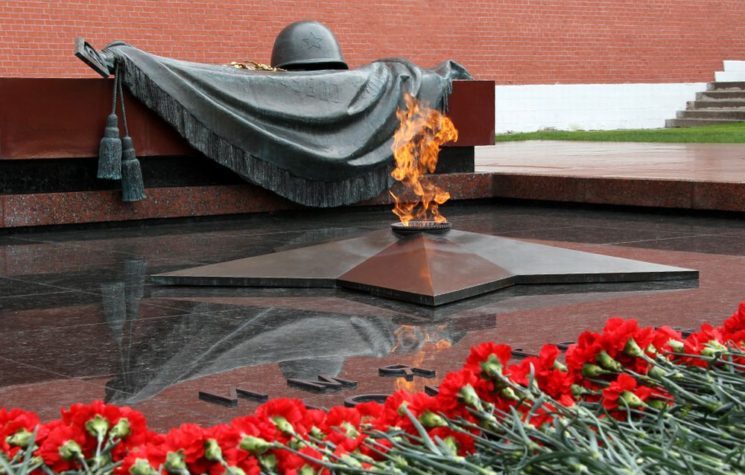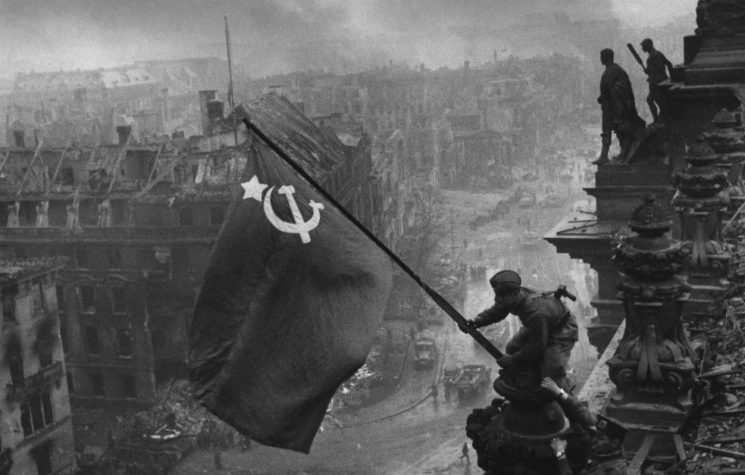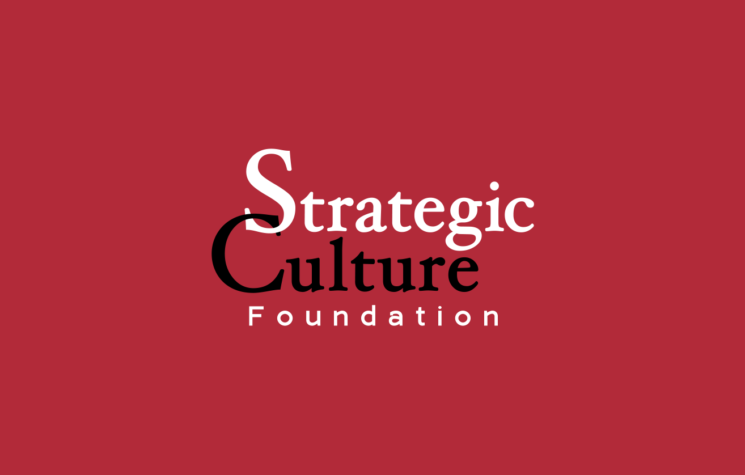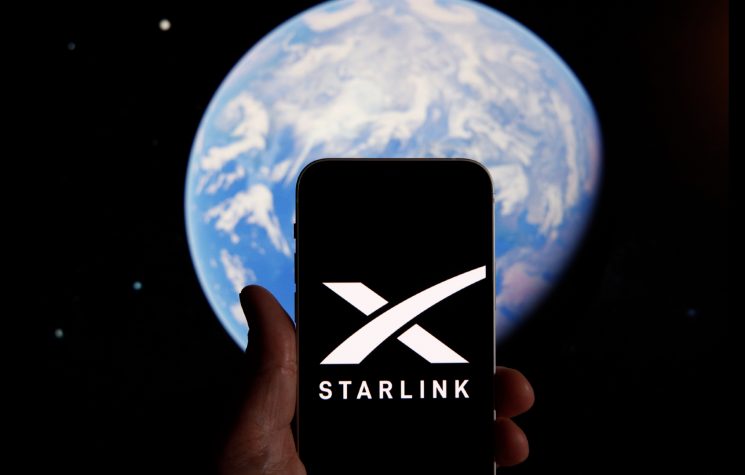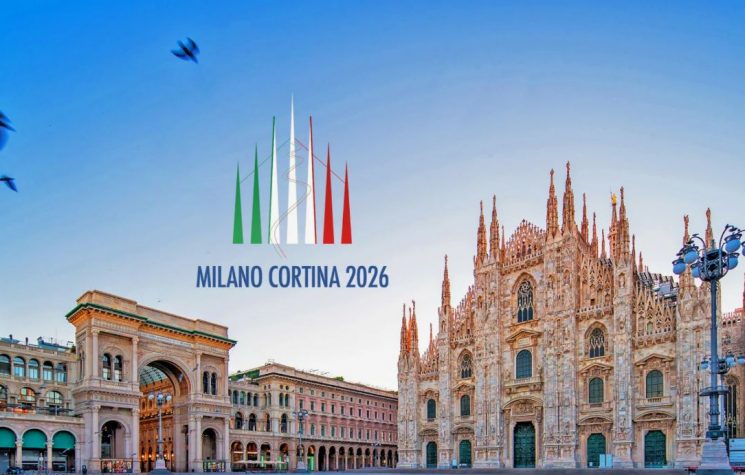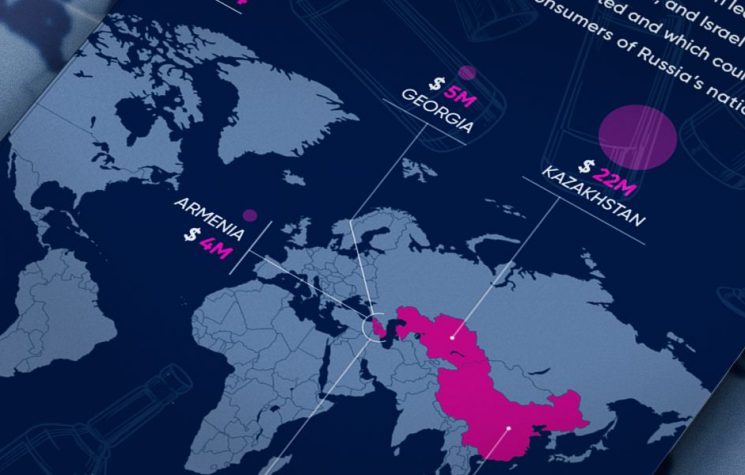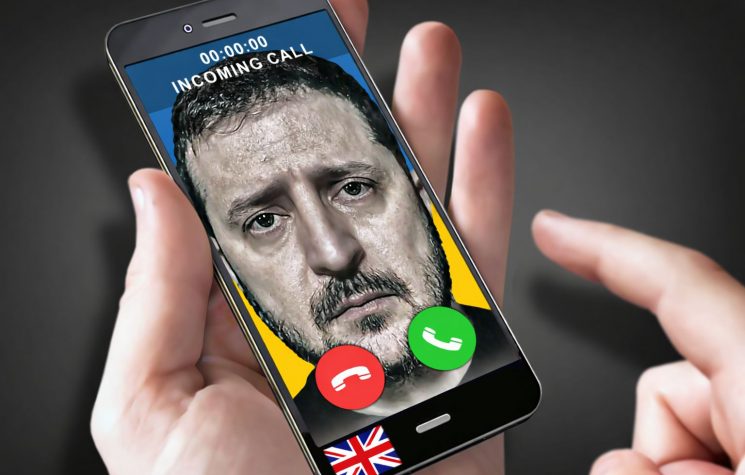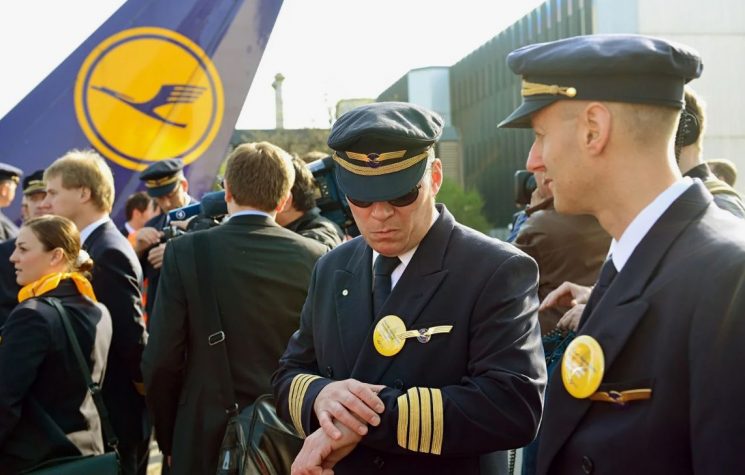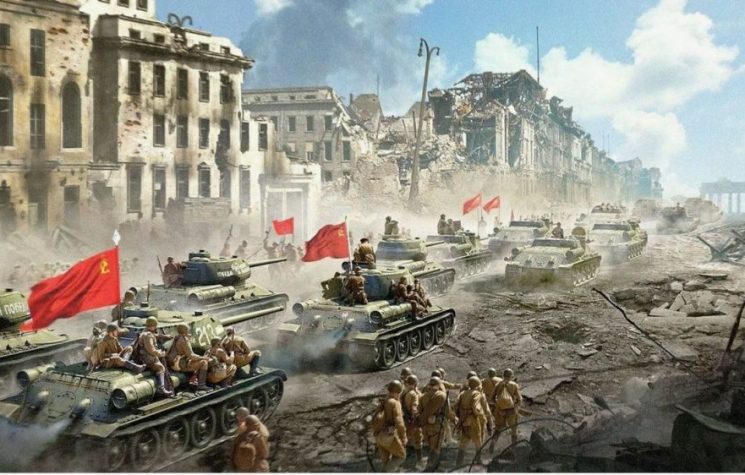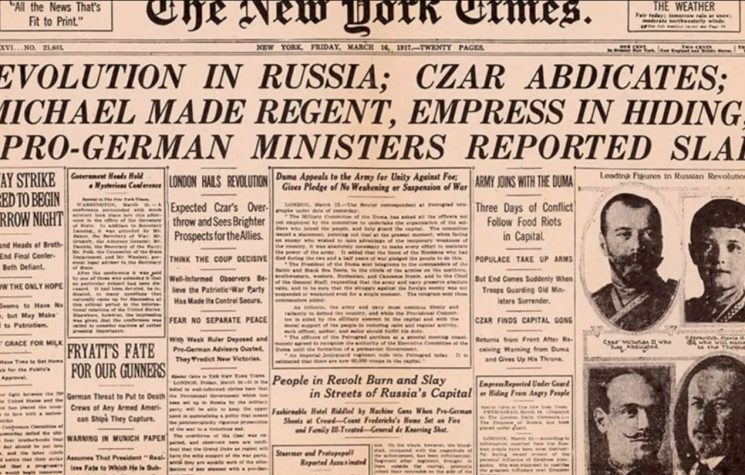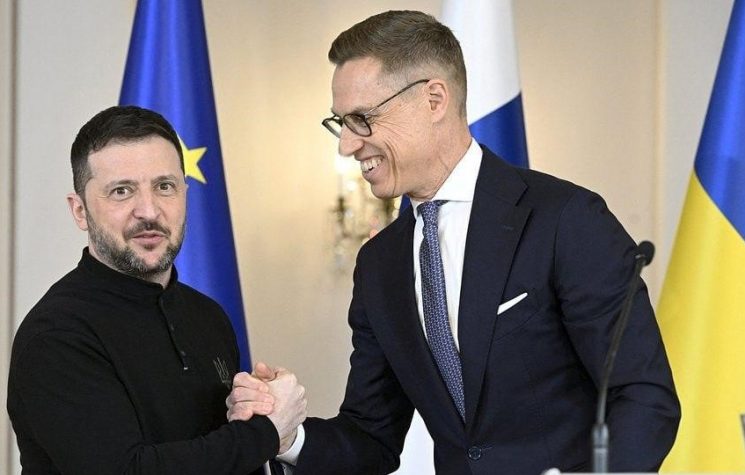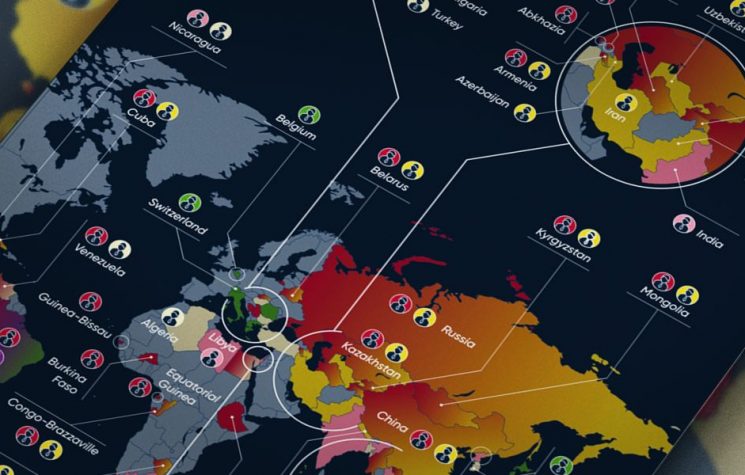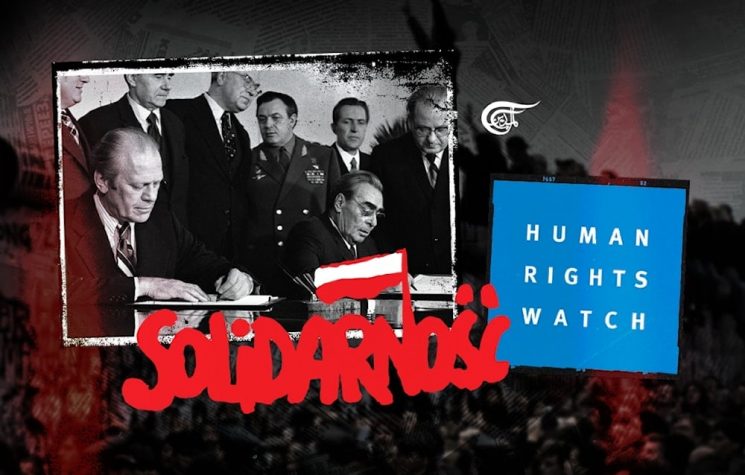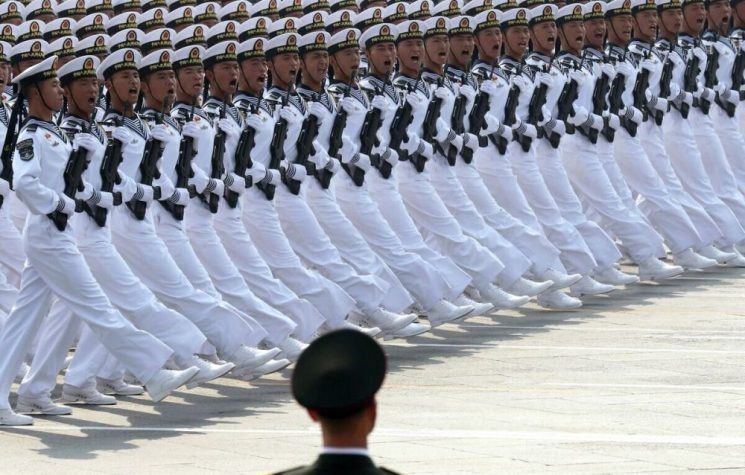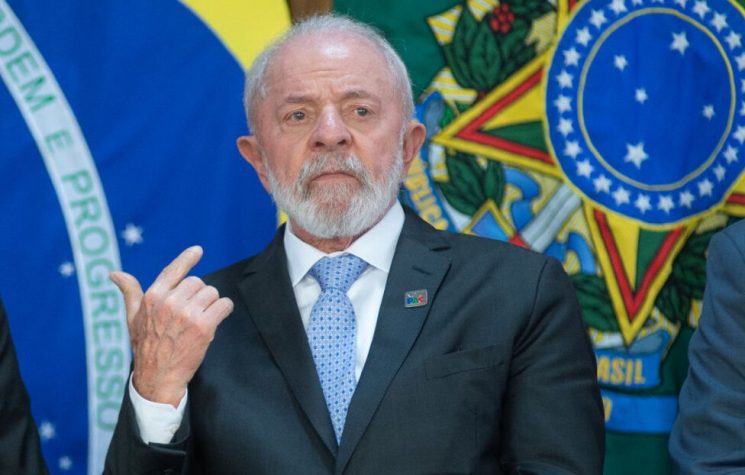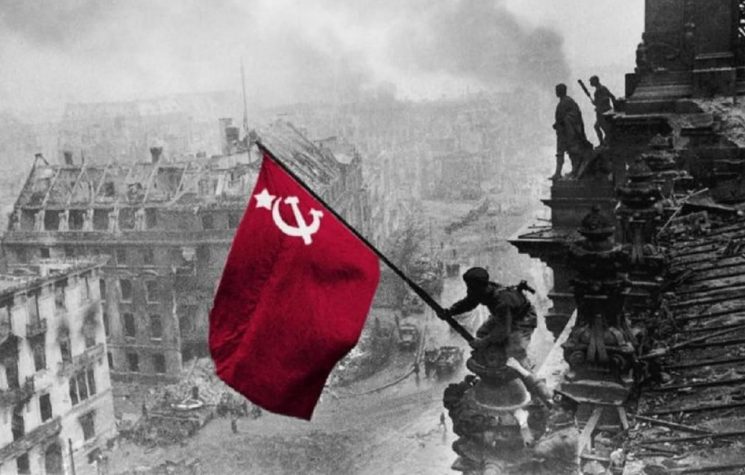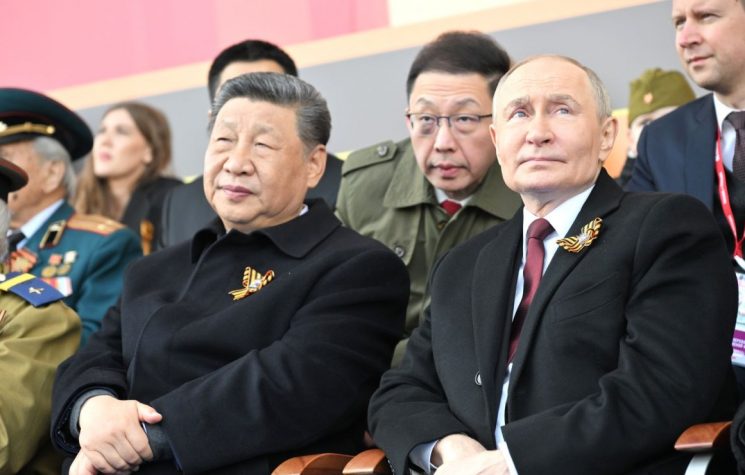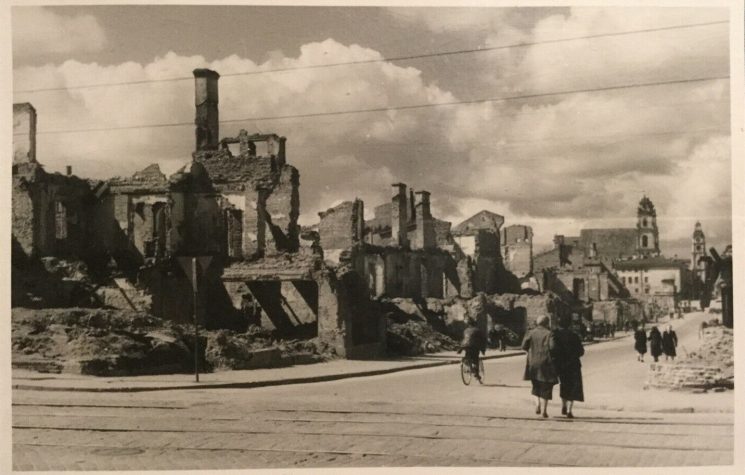This is the Last Post ceremony at the Menin Gate in Belgium on 18 April 2018. It has been performed every night since 1928 except during the German occupation. What you see above is, as I calculate, the 31,237th performance; at the moment of writing, it has happened another 401 times and will again tomorrow night. Through this gate – much rebuilt – passed the majority of British Empire soldiers in the First World War. Including my Great-Uncle Roland Lines (killed in 1916) and my wife’s Grandfather John Thompson who made it all the way through.
Battle of Britain Day is commemorated with flypasts and solemn ceremonies. In the USA Memorial Day honors veterans and military graves are tidied and decorated. For decades there has been a standing guard at the Tomb of the Unknown Soldier at Arlington Cemetery. Remembrance Day, celebrated throughout the Commonwealth (and even in Moscow once) attracts ever-larger crowds in Ottawa. In 2000 an unidentified body was recovered from one of the Canadian grave sites around Vimy Ridge and interred in a sarcophagus at the National War Memorial in Ottawa with a huge crowd watching. Since 1945, the Netherlands has sent Ottawa tens of thousands of tulip bulbs in thanks for liberation by the Canadian Army. Since 1947 Oslo has sent a giant Christmas tree for Trafalgar Square. D-Day commemorations are larger every year. The Juno Beach Centre was opened in 2003 – 59 years after the event. The Normandy American Cemetery Visitor Center was opened four years later.
“We shall remember them“. People do remember: in different ways, at different times. Tim Cook describes how the memory of the Canadian Corps victory at Vimy Ridge has waxed and waned over the years until today it eclipses everything else.
It’s true that governments have different motives for emphasising this or that, but, if the people do not follow, the memorials fall flat. And traditions grow: in Canada placing one’s poppy – the World War One symbol throughout the Commonwealth – on the Grave appears to have developed spontaneously. All these varied ceremonies, retrospective memorials, changing attitudes go on in many countries without the accompaniment of snarky op-ed writers babbling about ostentation, legitimise, ominous nostalgia, personality cults, military muscle, rattling swords or perpetuating a war mystique to shore up failing popularity.
Except about Russia.
Of course, not, never, not about Russia.
Victory Day – 9 May in Russia because of time zones rather than the 8 May VE-Day celebrated by the Western Allies. Here is a video of the real thing and here is a re-enactment.
Some numbers. There is a rough agreement that 80% of the German and German allied military casualties occurred on the Soviet front; the rest of us – UK, USA, Canada, Australia, India, South Africa, New Zealand and all the European resistance movements – accounting for the other 20%. In the process, according to the latest numbers, 27 million Soviet citizens died.
A political officer polled his rifle battalion in January 1945 and found that 208 of the 300 soldiers had had a family member killed by the Germans; I doubt that any of the American, British or Canadian battalions attacking on D-Day would have found the same. Soviet soldiers who made it from Moscow to Berlin – and I actually met one once – spent months fighting through the total destruction of their homeland. Anglosphere wars are usually fought offstage: we have no idea. For the Soviets some numbers of the destruction — estimates, of course. Sacred War has become the anthem, and Russian audiences stand and uncover when they hear it. Other countries have other songs, but for Russia the Second World War was the slaughterhouse.
For us the slaughterhouse was 1914-1918 when about 60,000 Canadians were killed (population then about eight million). Gregory Clark’s father told him and his brother to walk down the back alley because, of all the sons on that street, they were the only ones still alive. (And it irritates me that most Canadians have never heard of Canada’s Hundred Days or know what 8 August means.) 1939-1945 killed about 40,000 Canadians (population about eleven million) so, naturally, the Eleventh Hour of the Eleventh Day of the Eleventh Month is more sacred to us than 7/8 May.
These are sacred dates. Were the wars “worth it”? Who can say? Alternative history is not convincing. What happened, happened. But the suffering and sacrifice is worthy of honour and remembrance.
But, even so, who would dare say that the defeat of Hitlerism was not a “sacred war”? Only “self-hating Russians” as Paul Robinson puts it: “the self-hating Russian has to deny anything positive about Russian history as well.”
In a word, The USSR, with significant help from the rest of us, defeated Hitler and changed the world away from that dark and horrible future. At enormous cost.
So, Masha Gessen, lose your snark: it is your Grandmother’s day: I know that you’re paid to believe what you believe to be paid but there’s a reality out there and without Zhukov and the rest of them (Stalin too) you wouldn’t have been alive to leave the USSR in 1981. Self-hating.
Wars are terrible. People are killed by mistakes, corruption, incompetence, accident, random events. Bravery and self-sacrifice too. Higher ups decide that this regiment has to make a diversionary attack; hundreds killed. Somebody isn’t paying attention, reads the map wrong, looks in the wrong direction; hundreds killed. It’s never a contest between the Archangel Michael and Satan: it’s only humans. But all this has to be commemorated and respected: people – your people – suffered and died to make the future you live in.








